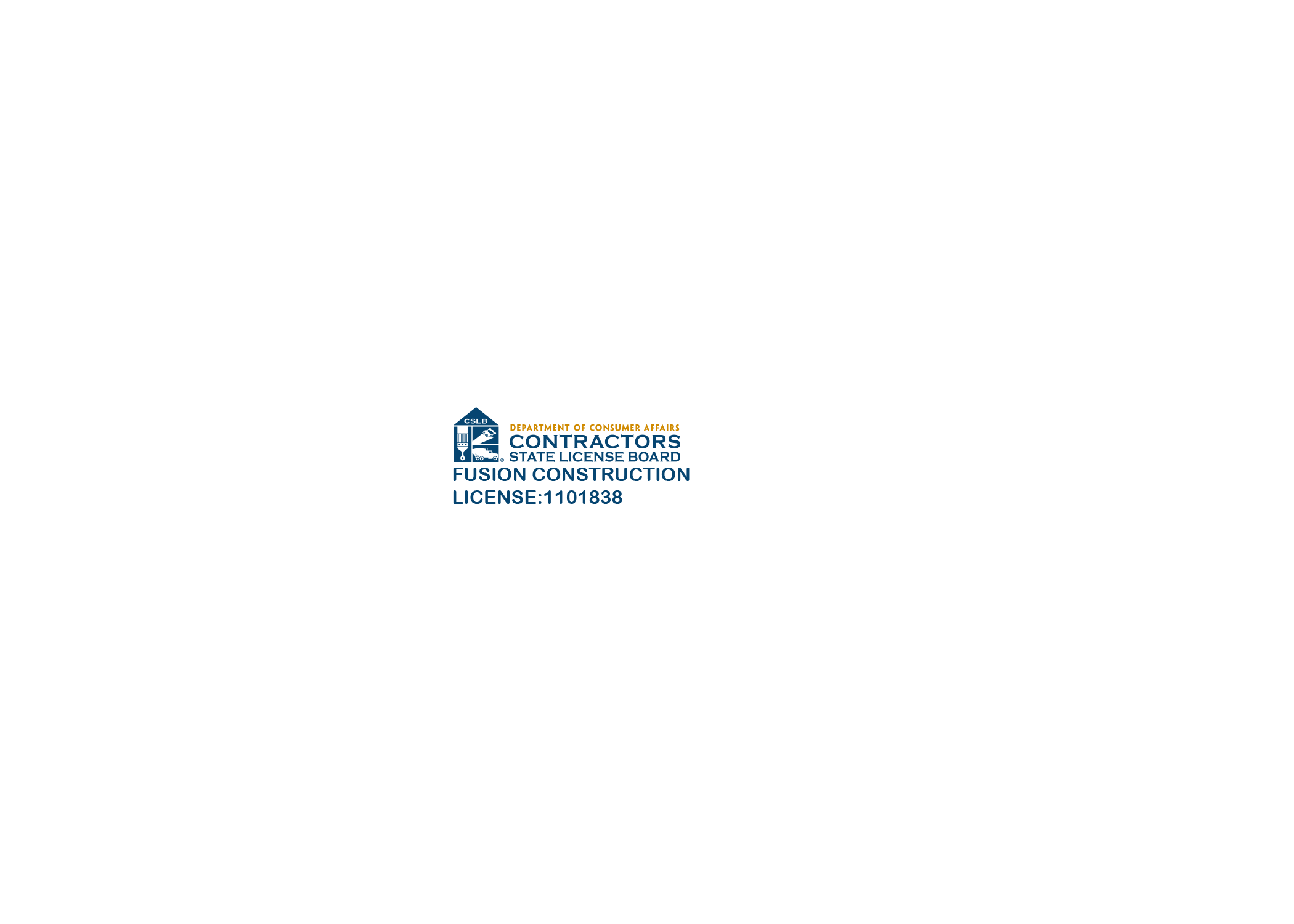
New Home Build Expectations
When building a home, there are several things you can expect throughout the process. Here are some key considerations and steps involved in building a home:
- Planning and Design: This stage involves creating a detailed plan for your home, including the layout, size, style, and features. You may work with an architect, designer, or a builder who offers design services. Consider your needs, budget, and any specific requirements or preferences you have.
- Permits and Approvals: Before construction can begin, you’ll need to obtain the necessary permits and approvals from the local authorities. This typically involves submitting your building plans and specifications for review and obtaining permits for construction, plumbing, electrical work, etc.
- Budgeting and Financing: Determine your budget for the project and explore financing options if needed. It’s essential to have a clear understanding of the costs involved in construction, including materials, labor, permits, and contingencies.
- Hiring Professionals: Unless you have experience in construction, you’ll likely need to hire professionals to handle various aspects of the project. This may include architects, builders, contractors, plumbers, electricians, and other tradespeople. Research and select reputable professionals with relevant experience and check their references.
- Construction Phase: This is the actual building process. It starts with site preparation, including clearing the land, leveling, and preparing the foundation. The construction will proceed through different stages, such as framing, roofing, electrical and plumbing installations, insulation, drywall, flooring, and finishing work.
- Project Management: Building a home requires effective project management. You or your builder will oversee the construction process, ensuring that everything is progressing according to the plan, timelines are being met, and quality standards are maintained. Regular communication with the professionals involved is essential.
- Material Selection: Throughout the construction process, you’ll need to make decisions on materials and finishes for various elements of your home. This includes selecting flooring, cabinets, countertops, paint colors, fixtures, and more. Consider factors like durability, aesthetics, maintenance requirements, and your budget.
- Inspections and Quality Control: Building codes and regulations require inspections at different stages of construction. Inspectors will visit the site to ensure compliance with safety standards and building codes. Additionally, you and your builder should perform regular quality control checks to identify any issues or defects that need to be addressed.
- Completion and Handover: Once construction is complete, a final walkthrough is conducted to ensure that everything is in order. Any necessary corrections or touch-ups are made, and the home is cleaned. You’ll then receive the keys to your new home, and the builder will provide any relevant documentation, warranties, and manuals.
Remember that the home-building process can be complex and time-consuming. It’s crucial to have realistic expectations and be prepared for potential delays or unforeseen challenges. Effective communication, careful planning, and working with experienced professionals will help ensure a smoother construction experience.



